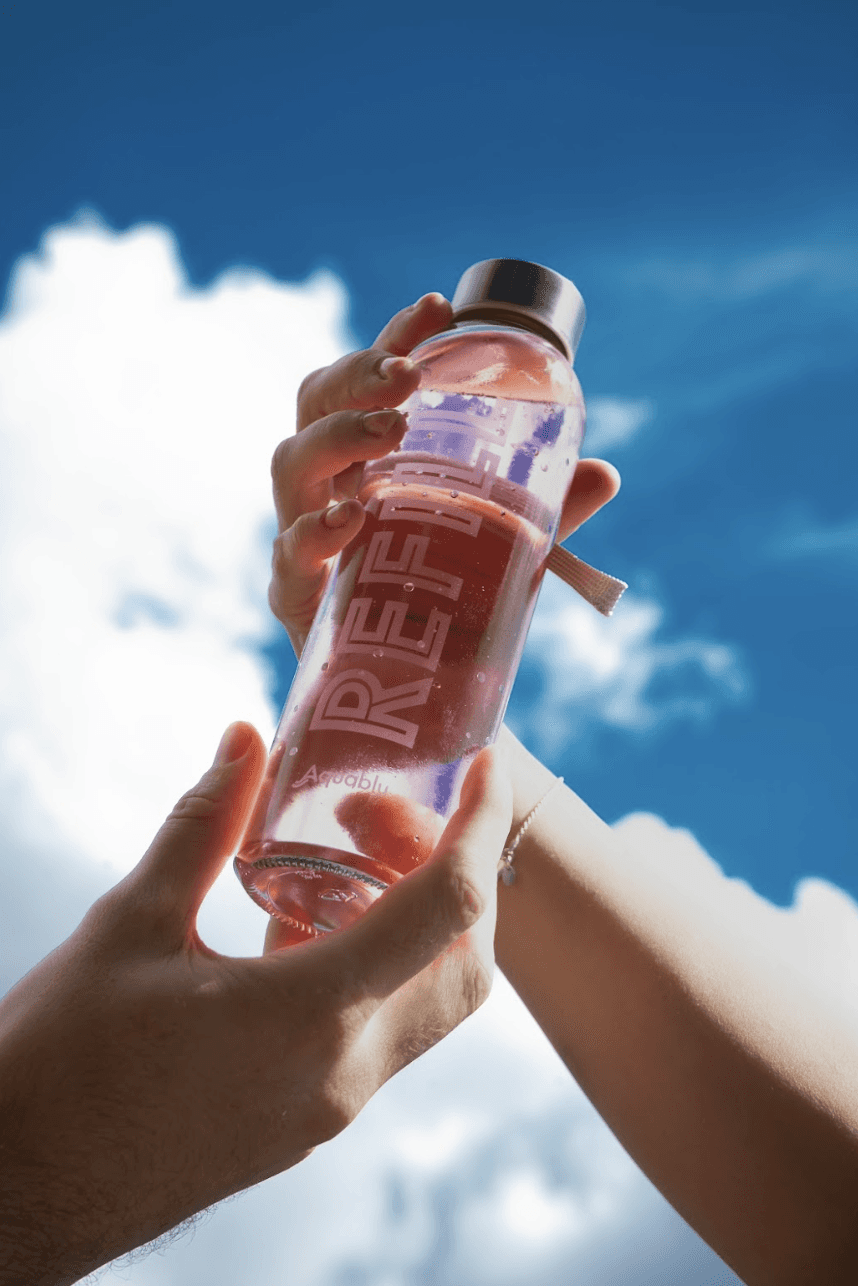You step off the plane, ready to start your adventure or dive into work—but instead of feeling refreshed, you’re groggy, sluggish, and slightly confused about what time it actually is. Sound familiar? That’s jet lag, and it’s worse when dehydration joins the party.
Flying depletes your body’s fluids faster than you think, and drinking plain water alone might not be enough to help you bounce back. The secret to recovering faster and feeling human again? Electrolytes. These essential minerals help your body retain hydration, regulate energy levels, and speed up your post-flight recovery.
Let’s break down why air travel dehydrates you, how jet lag affects hydration, and why replenishing electrolytes is the best way to reset.
WHY DOES FLYING DEHYDRATE YOU SO MUCH?
A plane cabin is one of the driest environments you’ll ever be in—even drier than the Sahara Desert (seriously).
Here’s what happens when you spend hours in that low-humidity, pressurized air:
You lose fluids faster. The dry air in a plane pulls moisture from your skin, eyes, and even your lungs.
You release water vapor, every time you exhale—more than you would on the ground.
You pee more (thanks, pressurization). Flying increases urination, which flushes out both water and electrolytes.
Caffeine and alcohol make it worse. A pre-flight coffee or an in-flight glass of wine acts as a diuretic, leading to further fluid loss.
The result? You land feeling tired, bloated, and sluggish—classic signs of both jet lag and dehydration.
HOW DEHYDRATION MAKES JET LAG WORSE
Jet lag already disrupts your circadian rhythm, making it harder to sleep, think clearly, or feel energized. Add dehydration into the mix, and those symptoms intensify.
Here’s how dehydration magnifies jet lag:
Brain fog and fatigue – Dehydration reduces oxygen flow to the brain.
Disrupted sleep – Low fluid levels affect melatonin production.
Temperature regulation issues – Without fluids, your body struggles to keep a steady temperature.
Digestive discomfort – Dehydration slows digestion, often causing bloating or constipation.
This is why drinking water alone isn’t always enough. Your body needs the right balance of electrolytes to absorb and hold onto that water.
WHY ELECTROLYTES ARE THE BEST JET LAG RECOVERY HACK
Electrolytes—like sodium, potassium, and magnesium—help your body rehydrate faster by pulling water into your cells and restoring internal balance.
Sodium helps retain water and prevent rapid fluid loss.
Potassium keeps fluid levels stable and reduces bloating.
Magnesium supports energy production and sleep regulation.
By replenishing both fluids and electrolytes, you can bounce back faster, stay alert, and avoid many common post-travel symptoms.
by
Aquablu
/


